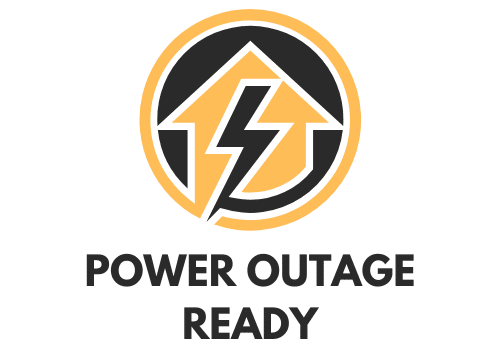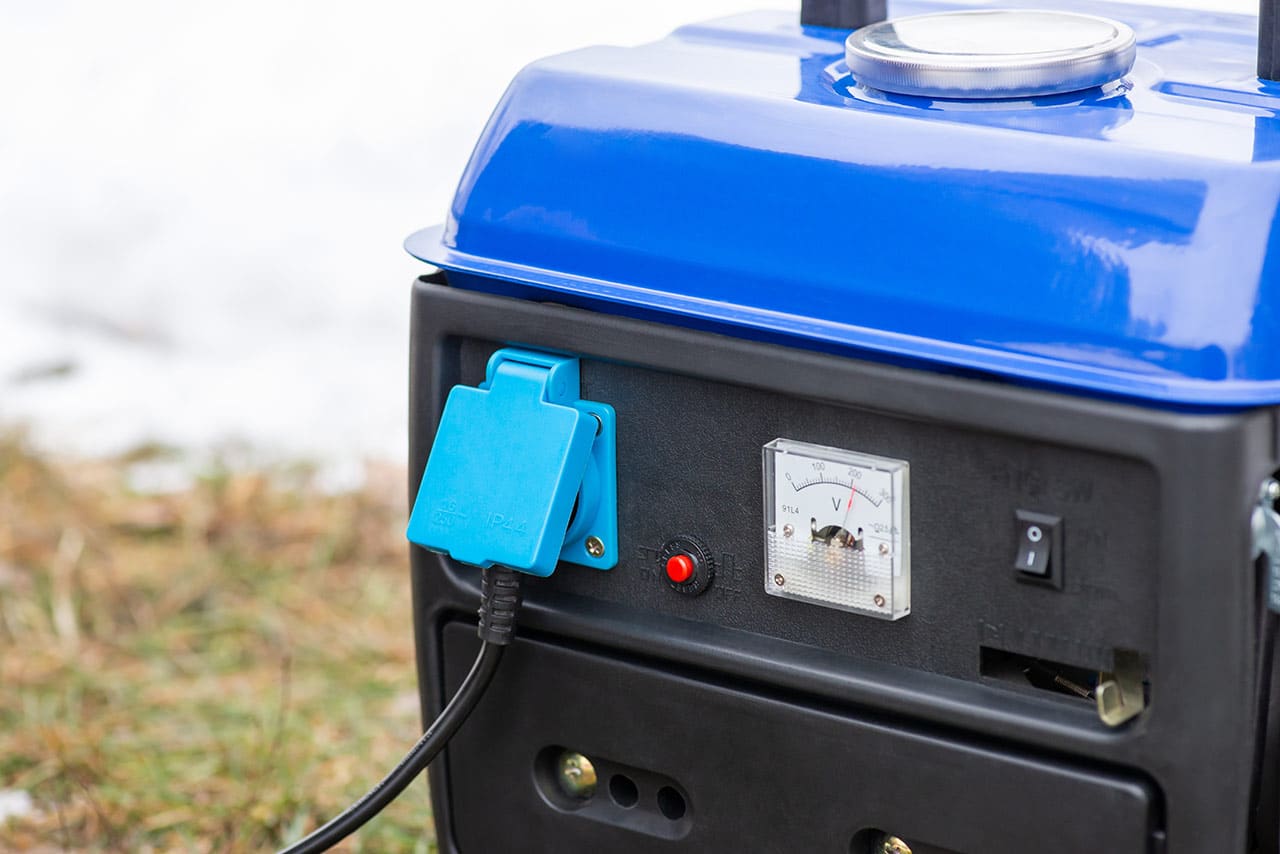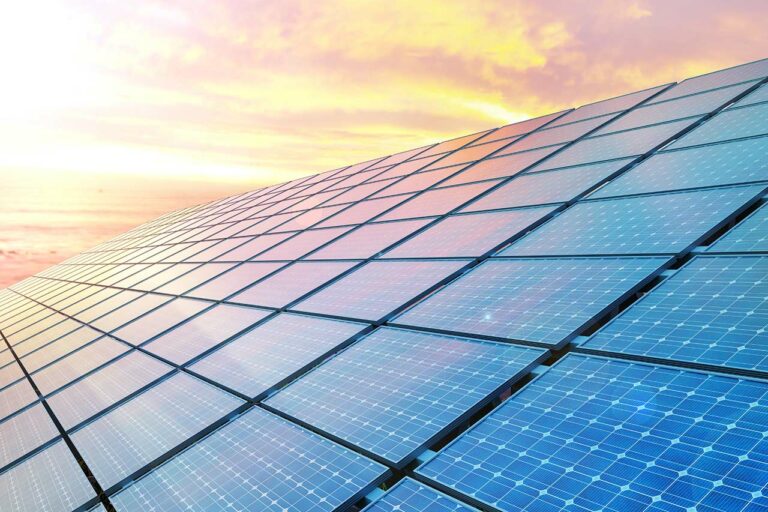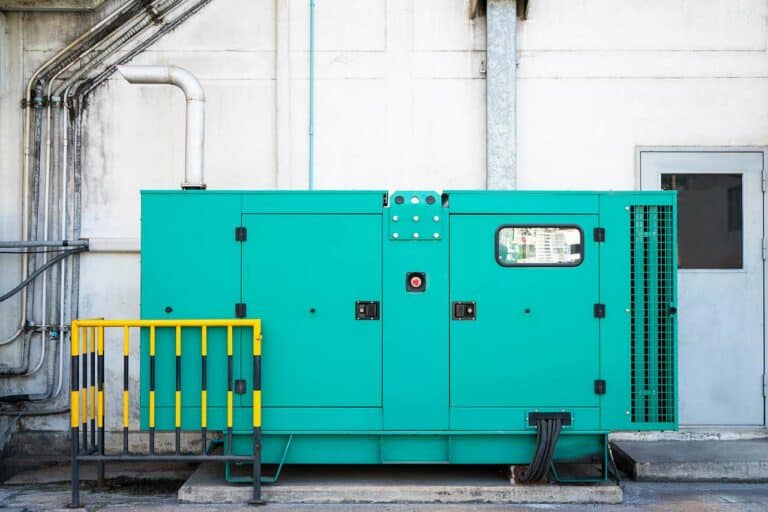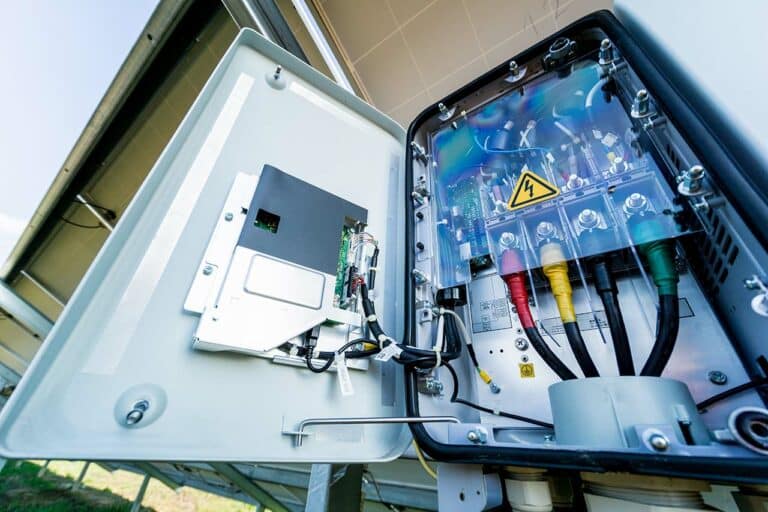Fuel vs Solar Generators: A Comprehensive Comparison For Energy Solutions
When it comes to emergency preparedness, having a reliable source of power is crucial. In a world with increasing environmental concerns and more frequent outages due to storms and failing infrastructure, fuel and solar generators have become popular options. But which one’s the better choice for your needs? It really depends. Let’s delve into the world of fuel vs. solar generators to help you decide.
Fuel Generators: An Overview
Ah, fuel generators! These bad boys have been around for ages and are known for their powerful output and dependability. As the name implies, this type of generator uses different fuels to keep the lights (and other things) on.
When it comes to operation, a fuel generator can keep going as long as fuel is supplied, ensuring a continuous flow of electricity. However, their reliance on fossil fuels raises concerns about their environmental impact and ongoing fuel costs can put a big dent in your wallet.
Here’s a breakdown of different components of a fuel generator’s operation:
Fuel types: As far as fuel, you have options. There are gas, diesel, and propane generators. Gas is convenient and easy to find, but not quite as efficient as diesel. Diesel has a longer run time, but is a bit pricier. And propane? Well, it burns clean, but it’s not as powerful as the other options.
How it works: Your fuel generator uses a combustion engine to mix air and fuel. The air-fuel mixture goes into a combustion chamber, where pistons compress it and spark plugs get the party started. Boom! Electricity generated.
Safety and emissions: Fuel generators do have some drawbacks, and emissions are a big one. So is potential danger. These things deal in highly flammable fuels, so you have to watch out for fuel leaks and handle any fuel stores with extreme care.
Unlike their solar counterparts, fuel generators release greenhouse gases, so they fail big time in the eco-friendly department.
Noise: Let’s be straight up, fuel generators can get a bit noisy. Some models offer a “quiet mode,” so that’s something to keep in mind, and an eye out for, if noise will pose a major issue.
Portability: Your generator is likely ready to roll. Many fuel generators come on wheels, so they can be easily moved wherever you need them.
Solar Generators: An Overview
If you are looking for a cleaner, more renewable power source in a power outage, solar generators are your go-to option. These generators harness the energy from the sun to generate power, which is a eco-friendly alternative to burning fossil fuels. Let’s dive deeper into how these generators work and what makes them exceptional portable power stations.
How Solar Generators Work
Solar generators use solar panels, also known as photovoltaic panels (PV), to capture sunlight and transform it into solar energy. As the sun shines on the panels, they generate direct current (DC) electricity. Your solar generator’s battery will then store this DC power, allowing you to charge and power your devices when needed.
Bear in mind, most of the appliances and devices you own require alternating current (AC) power to function, which is why solar generators have inverters. An inverter converts the stored DC power in the batteries into AC power, making it compatible with your devices.
Here’s a breakdown of different components of a solar generator’s operation:
Fuel types: Solar generators run on the power of the sun. It doesn’t get much cleaner than that.
Safety and emissions: Solar generators create zero greenhouse gases, zero, zip, none, and are much safer than fuel-powered counterparts.
Noise: Solar generators are almost entirely silent when operating.
Portability: Your generator is likely ready to roll. Like fuel generators, most solar generators come on wheels and can be easily moved wherever you need them.
Here are a solar generator’s main components:
- Solar panels: To capture sunlight and convert it to solar power
- Battery(ies): To store the generated DC electricity for later use
- Inverter: To convert DC power into AC power, so your devices can utilize it
- Portable power station: The structure that houses all the components, providing you with a power hub wherever you may be
Comparison of Fuel and Solar Generators
We’ve already done some comparing of fuel and solar generators, but lets go a little more in depth about how these two types of alternate power stack up in a head-to-head matchup.
Fuel
Fuel Generator: Combustible fuels like gasoline and diesel.
Solar Generator: Sun.
Safety
Fuel Generator: Uses highly flammable fuels.
Solar Generator: Uses no dangerous components.
Emissions
Fuel Generator: Releases greenhouse gases.
Solar Generator: No harmful emissions. Some emissions in the making of the generators themselves.
Noise
Fuel Generator: Noisy.
Solar Generator: Quiet.
Portability
Fuel Generator: Typically portable.
Solar Generator: Typically portable.
Dependability
Fuel Generator: Highly dependable. Will run as long as its functional and has fuel.
Solar Generator: Spotty. Dependent on sun exposure.
Output
Fuel Generator: Powerful. Well-suited for heavy electrical loads.
Solar Generator: Weaker. Better suited for less heavy loads.
Price & Operating Costs
Fuel Generator: Lower initial price. Higher operating costs.
Solar Generator: Higher initial price. Lower operating costs.
When it comes to portability and weight, solar generators generally have an edge. They tend to be more compact and lighter in weight, which can make them easier to transport and move around. Fuel generators often have a heavier design and can be more challenging to maneuver.
Sizes of generators can also vary, but typically fuel generators come in a wider range of sizes and power outputs. You can find a fuel generator that matches your needs in terms of the load you plan to run on it. Solar generators often have a smaller range of sizes and may not be suitable for heavy loads.
When it comes to reliability and user experience, fuel generators offer consistent power as long as they have fuel. You don’t have to worry about cloudy weather reducing their effectiveness. However, that means storing fuel, which poses its own risks. Solar generators are reliable as long as there’s adequate sunlight, but their usability decreases if the weather is uncooperative.
In conclusion, when comparing fuel and solar generators, it’s important to consider your specific needs and priorities. Understanding the pros and cons, as well as the factors like portability, noise levels, and reliability, will help you make an informed decision on the best option for you.
Cost Analysis
When it comes to deciding between a fuel generator and a solar generator, one of the main factors to consider is the cost. The price tag can be broken down into upfront costs and ongoing costs.
Upfront Costs
Let’s start with initial investment. Solar generators usually have higher upfront costs than their fuel counterparts. The main reason for this is the cost of solar panels and, sometimes, additional batteries for energy storage. The larger the system, the steeper the price tag.
Fuel generators tend to be more affordable upfront. Gasoline, diesel, and propane generators come in different sizes and capacities, offering a wider range of prices to fit your budget.
Ongoing Costs
Now, to consider ongoing costs. For solar generators, there are little to no ongoing costs. As long as the sun is shining, your solar panels will generate electricity for free. After the initial investment, there are minimal financial concerns aside from possible maintenance requirements every few years.
Fuel generators, on the other hand, require a consistent supply of fuel, and they can consume a significant amount over time, especially during extended power outages or frequent use. So even though the upfront cost may be lower, you’ll continue to spend money on fuel over the generator’s lifetime.
Besides fuel, there’s also regular maintenance needed – oil changes, air filter replacements, and spark plug changes – which adds to the overall expense.
So, while solar generators might have a higher upfront cost, their minimal ongoing costs make them an attractive option for the long haul, while fuel generators’ lower initial investment can be appealing, but their continuing expenses in fuel and maintenance can add up over time.
Maintenance and Safety
When it comes to maintenance and safety of fuel and solar generators, there are some differences you need to consider.
Solar generators require minimal maintenance, as they’re mostly solid-state devices with no moving parts. Just keep the solar panels clean and the connections tight, and you’re typically good to go.
This is in stark contrast to fuel generators, which have more parts and need regular upkeep, like oil changes, filter replacements, and spark plug cleanings.
Advantage? Solar.
As far as safety, solar generators also have the advantage. There’s no need to handle or store flammable fuels, which cuts down on the risk of fuel leaks and explosions. You just need to be careful with charging and battery maintenance to prevent any potential issues.
Fuel generators, however, come with inherent safety risks, like the handling and storage of combustible fuels, carbon monoxide emissions, and an increased chance of fires.
Implications for Home Use
When it comes to home backup power, both fuel and solar generators have their pros and cons. It’s important to consider your specific power needs and the potential risks of power outages before investing in a solution.
Fuel generators offer the most dependable form of backup power, and are known for their high power outputs, which can be extremely beneficial during a power outage. With a high-capacity fuel generator, you can run essential appliances like your fridge, heating or cooling system, and lights during a power outage or blackout. Assuming you have a sufficient supply of fuel.
Solar generators offer a more environmentally-friendly option for residential backup power. They rely on sunlight to generate power, making them a cleaner alternative. Solar generators are quiet and low-maintenance, but they have limited power output and storage capacity compared to fuel generators. They can cover basic power needs, but might struggle to power heavy-duty appliances, which can be a big issue in a long-term outage. Also, their performance can be affected by the availability of sunlight, which means they might not be the best option for regions with limited daylight hours.
Solar vs Fuel Generators: The Debate Powers On
In the ever-evolving landscape of energy solutions, the battle between fuel and solar generators is a testament to the changing priorities and needs of our society. Both generators come with their own set of advantages and drawbacks, ultimately rooted in a user’s specific requirements.
Fuel generators have long held the crown for their robustness and consistent power output. Still, with growing environmental consciousness and the undeniable appeal of renewable energy sources, solar generators are fast gaining ground. Their silent operation, eco-friendly nature, and reduced maintenance give them an edge in many situations. Yet, their dependency on sunlight and limited storage can sometimes leave users wanting more.
The choice between fuel and solar is not just about current needs, but also a vision for a more sustainable future. Regardless of the decision, ensuring you’re adequately informed and prepared is the key. Whether it’s the roar of a fuel generator or the quiet efficiency of a solar one, the ultimate goal remains the same: reliable energy when you need it the most.
